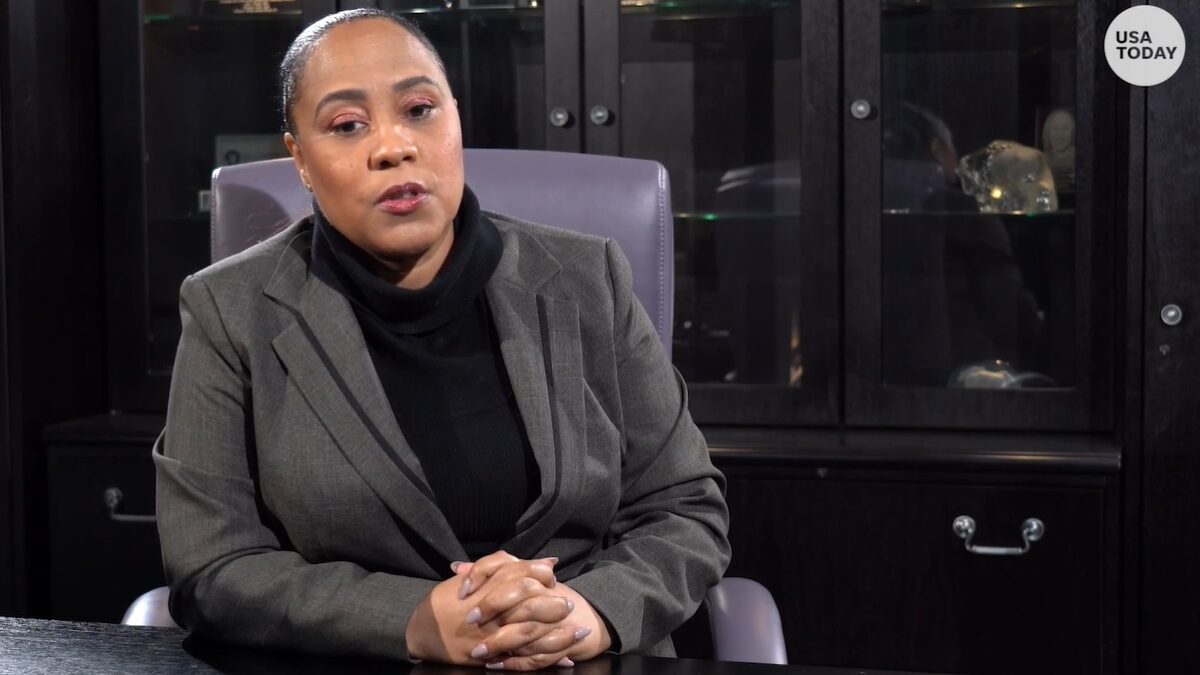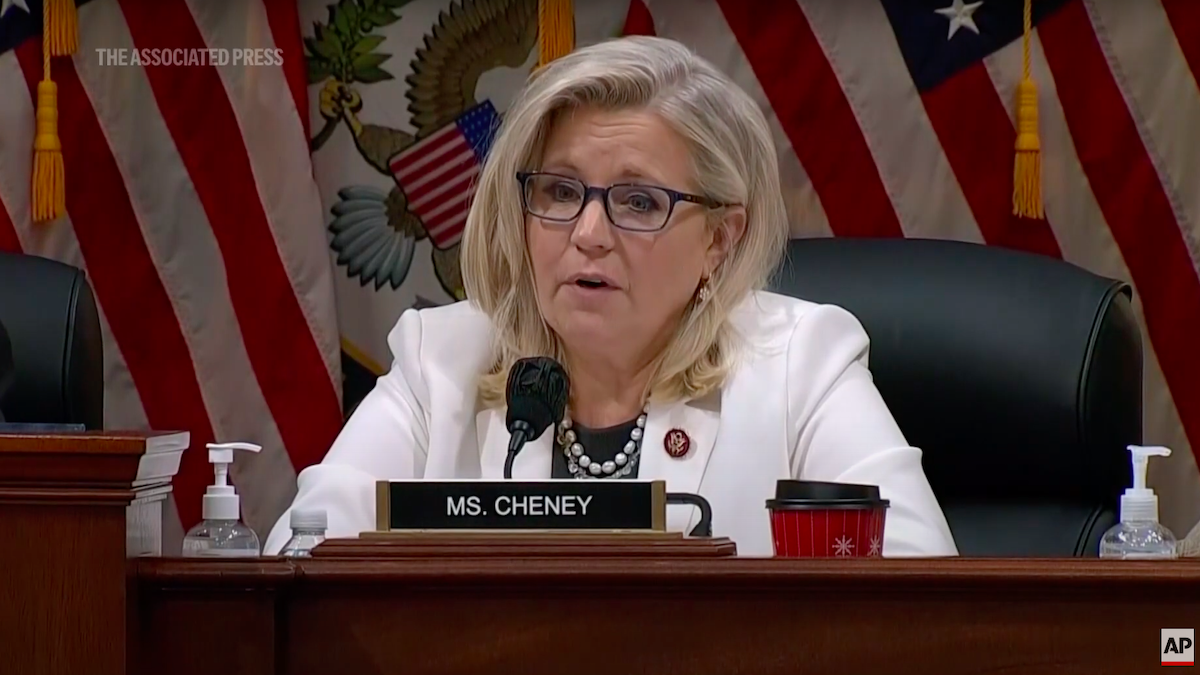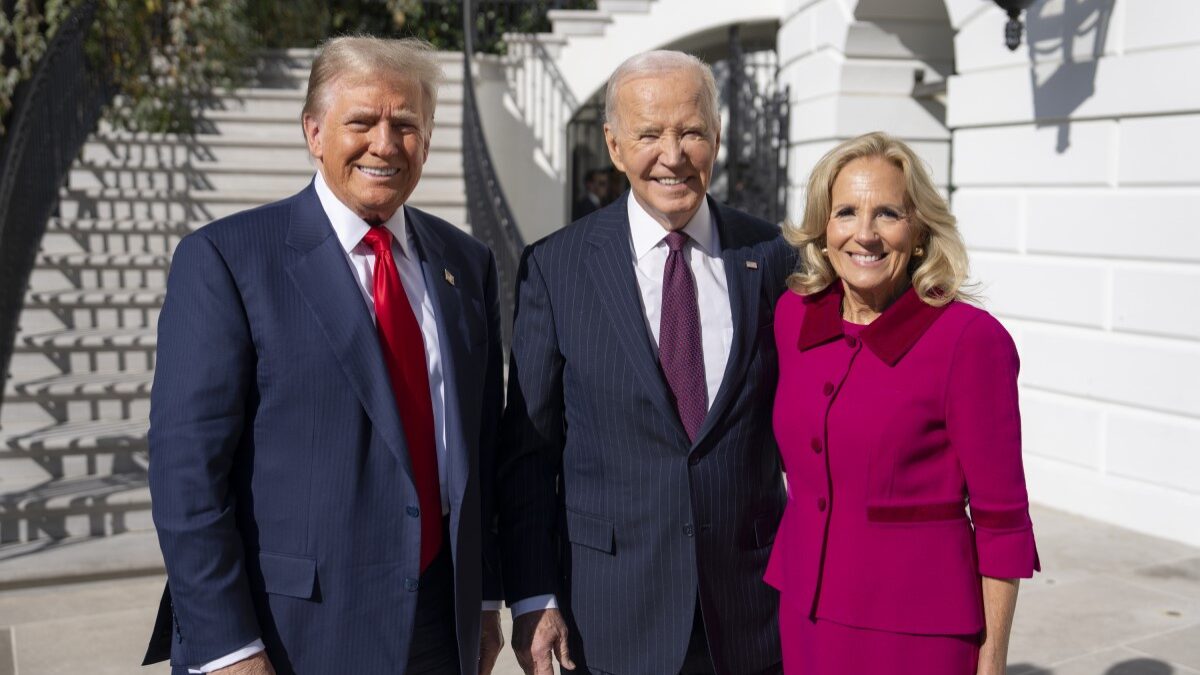
Freshman Rep. Alexandria Ocasio-Cortez has garnered mostly fawning coverage from big media—both political and mainstream. A recent poll found that 74 percent of Democrats would consider voting for the socialist if she were constitutionally eligible. At Vox, they maintain she should be able to run for the presidency even before she’s eligible. The New York Times’ Paul Krugman says her tax plan of “soaking the rich” is awesome.
So, earned or not, Ocasio-Cortez needs to be taken seriously, because she has the full backing of the liberal establishment — which is to say she will only rarely be challenged to explain her positions. Stephen Colbert didn’t grill Ocasio-Cortez on how her Marxist ideas comport with the Constitution, he asks her how many f-cks she gives about criticism. (Answer: “zero.”)
There are more pertinent questions. For instance, has anyone ever asked Ocasio-Cortez if, generally speaking, she believes a billionaire-free Cuban system that ostensibly offers free health care, guaranteed housing, a free education, and greater income equality is preferable to the United States’s vulgar, capitalistic model? If not, why not?
After all, what guiding ideological principle stops Ocasio-Cortez from supporting confiscatory policies? Why not nationalize the fossil fuel industry? This is our last chance to save humanity, after all. If she really believes the fight against climate change is analogous to the war against fascism — a war that cost the lives of somewhere around 80 million people worldwide — then why wouldn’t she propose taxing the wealthy at 50 or 60 percent across the board? If income inequality and concentrated wealth are a problem almost as dangerous as climate change, would she be negligent if she failed to support those policies?
That is, of course, the end goal. Ocasio-Cortez, like many others, likes to claim that the rich do not pay their “fair share.” Right now, the top 50 percent of taxpayers pay around 97 percent of all individual income taxes. The top 1 percent paid a greater share of individual income taxes than the bottom 90 percent combined. Has anyone asked Ocasio-Cortez what a reasonable percentage would be for them to contribute to the common good? Ninety-five percent? Ninety-nine?
Just this week Ocasio-Cortez argued that it was “wild that some people are more scared of a marginal tax rate than the fact that 40 percent of Americans struggle to pay for at least one basic need, like food or rent.” This isn’t the first time she’s tethered higher tax rates to lower poverty rates.
Now, even if we accept the numbers in the Urban Institute poll, one suspects that “some people” aren’t only “scared” of perpetual calls for higher taxation and more regulation for selfish reasons, but also because they know high rates will start undermining the investments that propel economic growth and job creation. I’d love for someone to ask Ocasio-Cortez how she thinks wealth is created.
But why does she believe that higher marginal taxes will make it easier for Americans — many of whom do not get government subsidies — to pay their rent or buy their food? How are these connected? Is she going to propose legislation that directly redistributes new tax revenue extracted from the wealthy to the 40 percent of Americans who say they have trouble paying their bills?
Even if welfare expansion temporarily assists those in need, can Ocasio-Cortez offer any evidence that more spending will alleviate poverty? The official poverty rate in the United States was at all-time high of 22.4 percent in 1959. That, incidentally, is the same year the top marginal rate was over 90 percent.
I know this because Democrats love to remind us of this high rate when they defend Ocasio-Cortez’s tax proposal. But the effective rate was basically the same as it is now. As Nick Gillespie at Reason has also pointed out, history shows that no matter where you put the top marginal rate, no matter what the economy looks like, government revenue remains constant.
Although economic growth fluctuated over the past 50 years, often due to varying levels of government interference, regardless of tax rates or per capita spending on welfare programs, the poverty rate remained stable between 12-15 percent, as well.
Anyway, wasn’t Ocasio-Cortez’s tax plan initially proposed as a means of funding her “New Green Deal?” Even if we act as if higher taxes will bring in more revenue, will a couple of trillion dollars over a decade’s time be enough to fund both plans? Can it also fund free college, the elimination of all student debt, Medicare-for-all, and guaranteed housing and jobs? Where will the revenue come from to pay the people who have to offer these goods and services? (I know she was asked this question by Jake Tapper on CNN, but her answer was somewhat ambiguous.)
And if we don’t really have to worry about paying for those massive generational policy initiatives, as Ocasio-Cortez has insinuated a number of times, why raise taxes at all? Let’s just print more money. What’s the difference? That always works.
While we’re on the topic, how is this New Green Deal, a plan that artificially spikes the price of our most affordable and accessible energy sources, going to help those struggling to pay for their food and rent? Maybe we can send them supplementary checks so they can gas up and get to work.
Inequality is devastating America, Ocasio-Cortez claims. Does she suppose that simply making the wealthy a bit poorer will magically make the poor richer?
Does Ocasio-Cortez agree with her policy man Dan Riffle that the mere presence of billionaires is a moral failing for the country? “Bill Gates’ money hoarding makes him greedy,” Riffle recently tweeted, “but maybe he goes 6/6 on the other deadly sins and, on balance, is a good person. Still, he’s a policy failure. The acquisition of that much wealth has bad consequences. A moral society needs guardrails against it.”
What “bad” moral consequences does Ocasio-Cortez believe Gates’s wealth has caused America? Is it the approximately 140,000 people his company productively employs? Is it the sizeable investments he’s made in other tech companies over the past decades? Is it the accessible technology his company produced? Or is it his huge charitable donations?
Does Ocasio-Cortez believe that government can do a better job allocating money than can private individuals? If so, why is this notion confined to billionaires and not those worth $900 million, or $500 million or $10 million or even $1 million? What economic or “moral” principle is used to gauge which Americans deserve to keep their money?
You may notice that the biggest difference between Bible-thumping theocrats and “democratic” socialists is that the latter demand coercive police powers to make you more “moral.”
Ocasio-Cortez once declared that too many people were “more concerned about being precisely, factually and semantically correct than about being morally right.” That’s because, like all religions, socialism necessitates a degree of blind faith and moral certitude. This is fine for the celestial world. On Earth, however, populist economic policies propelled by voters’ natural aversion to the wealthy might be morally pleasing, but it is often destructive.
Here, you can’t be morally right and factually wrong at the same time. That’s a big problem for collectivists.








